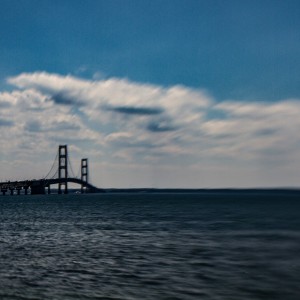The Stream, April 1: Somalia Drought Could Kill Thousands Without Aid
The Global Rundown
The United Nations said thousands of people could die in drought-hit regions of Somalia if emergency aid is not provided soon. Water levels at a major hydropower dam in Venezuela could fall below minimum operating thresholds by the end of April. Areas of Mexico City must rely on water trucks because the municipal infrastructure loses so much water through leaks. Michigan’s attorney general cautioned Great Lakes states about approving a Wisconsin town’s request to divert water from Lake Michigan. Imams and other religious leaders in Pakistan may be well positioned to educate their communities about climate change and encourage action, religious experts have said.
“Without the leaks, we would have enough.” –Ramon Aguirre, the director of Mexico City’s water system, on the estimated one-third of the city’s treated water that is lost through leaky pipes. As a result, some areas must now rely on water trucks for their supply. (Los Angeles Times)
By The Numbers
April 30 Date, at current generation rates, that water levels at a major hydropower dam in Venezuela could fall below the minimum threshold for operation, raising the specter of electricity rationing in Caracas. Bloomberg
37 million liters Amount a town in Wisconsin wants to draw each day from Lake Michigan for its drinking water supply. Michigan’s attorney general Thursday expressed deep concerns about the request, which must be approved by all eight Great Lakes states. The Detroit News
Science, Studies, And Reports
The United Nations sounded a dire warning Thursday as it asked for $105 million to provide emergency aid to drought-hit communities in Somalia, where only 11 percent of a previous $885 million appeal has been funded. “Without access to emergency health services, water and sanitation, thousands of people could face death due to preventable causes,” it said. Reuters
On The Radar
Religious scholars are encouraging the participation of imams and other religious leaders in Pakistan to educate people about climate change and spur individuals to take action. These leaders often have more influence than the media or government officials, according to experts. Reuters
A news correspondent for Circle of Blue based out of Hawaii. She writes The Stream, Circle of Blue’s daily digest of international water news trends. Her interests include food security, ecology and the Great Lakes.
Contact Codi Kozacek






Leave a Reply
Want to join the discussion?Feel free to contribute!